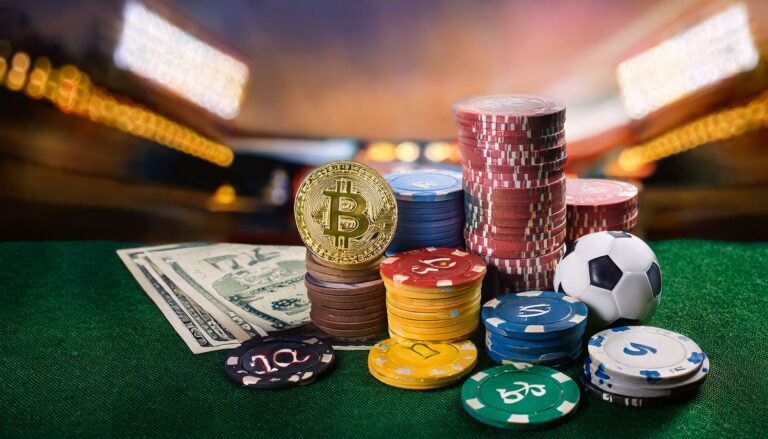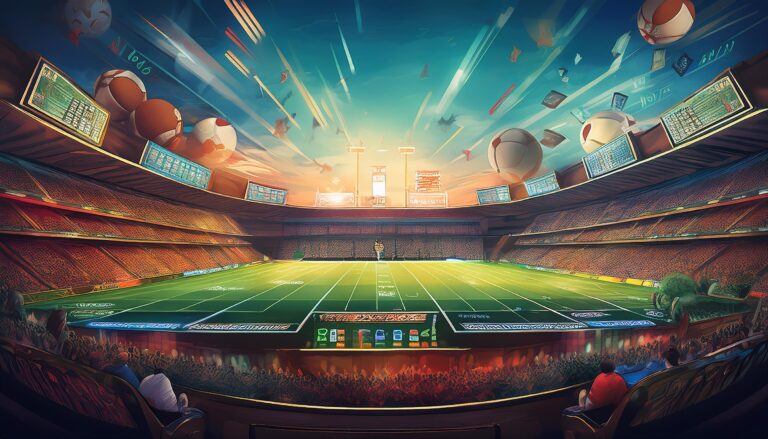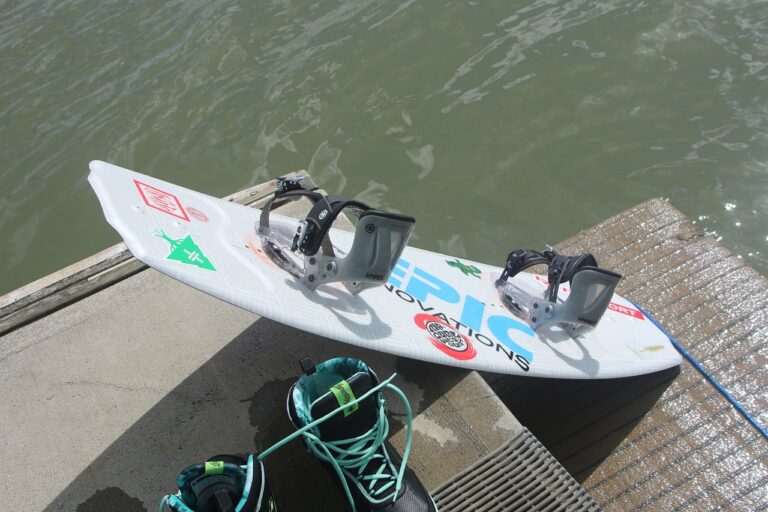Cricket and Social Media: Legal Issues Surrounding Player Conduct: Diamondexch999.com login, Skyexchange sign up, Ready book club login
diamondexch999.com login, skyexchange sign up, ready book club login: Cricket and Social Media: Legal Issues Surrounding Player Conduct
Cricket and social media have become increasingly intertwined over the past few years, with players using platforms like Twitter, Instagram, and Facebook to connect with fans, share updates, and even endorse products. While social media can be a powerful tool for building a player’s brand and engaging with supporters, it also comes with its fair share of legal challenges, especially when it comes to player conduct.
In the world of professional sports, athletes are seen as role models, both on and off the field. This means that their behavior on social media can have a significant impact on their reputation and the reputation of their team or organization. Players must be mindful of what they post online, as anything deemed inappropriate or offensive could have serious consequences.
Here are some key legal issues surrounding player conduct on social media:
1. Defamation
Players must be careful not to make false statements about others on social media, as this can lead to defamation claims. Whether it’s criticizing a teammate, opponent, coach, or even a fan, players need to ensure that their posts are accurate and do not harm anyone’s reputation.
2. Privacy
Players must also be mindful of privacy laws when posting on social media. This includes respecting the privacy of their teammates, opponents, and others in their personal and professional lives. Posting personal information without consent could result in legal repercussions.
3. Endorsements
Many players use social media to endorse products and brands, but they must ensure that their posts comply with advertising standards and regulations. Failure to disclose sponsored content or misleading endorsements could result in fines or other penalties.
4. Intellectual Property
Players must be cautious when using copyrighted material on social media, such as images, videos, or music. Using someone else’s intellectual property without permission could result in legal action for infringement.
5. Harassment
Players must refrain from engaging in online harassment, such as bullying, threats, or hate speech. This behavior is not only unethical but can also lead to legal consequences, including criminal charges.
6. Employment Contracts
Many professional athletes have clauses in their contracts that govern their behavior on social media. Players must adhere to these guidelines to avoid breaching their contracts and facing disciplinary action from their teams.
In conclusion, social media can be a valuable tool for athletes to connect with fans and build their personal brands. However, players must be aware of the legal implications of their conduct online and ensure that their posts are in line with professional standards and regulations.
**FAQs**
Q: Can players express their opinions freely on social media?
A: While players have the right to freedom of expression, they must be mindful of the potential legal consequences of their posts. It’s essential to express opinions respectfully and responsibly.
Q: Are there any specific guidelines for players to follow on social media?
A: Many teams and organizations provide guidelines for their players regarding social media use. Players should familiarize themselves with these guidelines and ensure that their posts comply with them.
Q: What should players do if they receive negative comments or threats on social media?
A: Players should report any abusive or threatening behavior to the platform’s administrators and, if necessary, contact law enforcement for assistance.
Q: How can players protect their privacy on social media?
A: Players should review their privacy settings regularly, avoid sharing sensitive personal information, and be cautious when interacting with strangers online.







